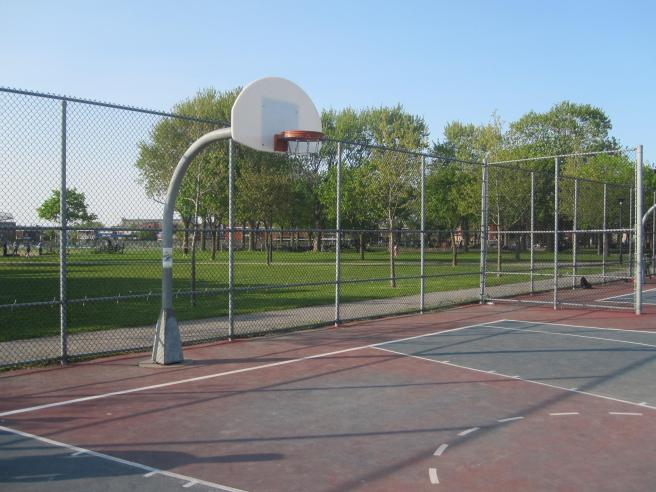Monica Heller is Professor at the Ontario Institute for Studies in Education and the Department of Anthropology at the University of Toronto. Her most recent book, with L. Bell, M. Daveluy, M. McLaughlin and H. Noël, is Sustaining the Nation: the Making and Moving of Language and Nation (2015, Oxford University Press).
A few months ago Mela Sarkar asked me to consider contributing a blog post. I told her I wasn’t sure what I had to say. Then, well, Autumn 2016 happened, and it became obvious that the least I could do was to write what I was thinking, which is that this is, once again, a time when attention to language-as-power is really, really, important. I was moved to write today, because before lunchtime I was drenched in evidence. Continue reading →

